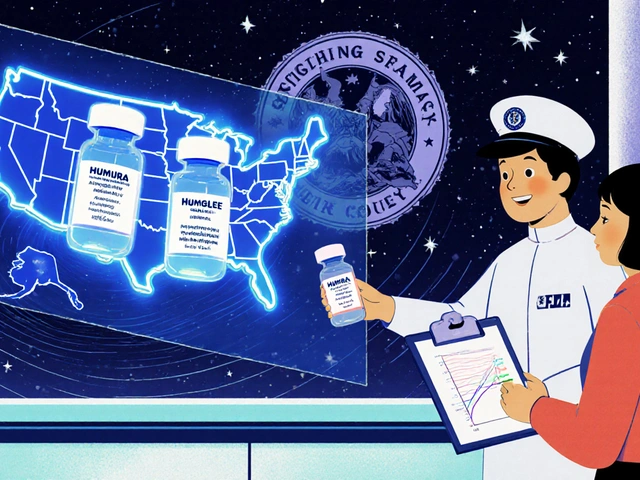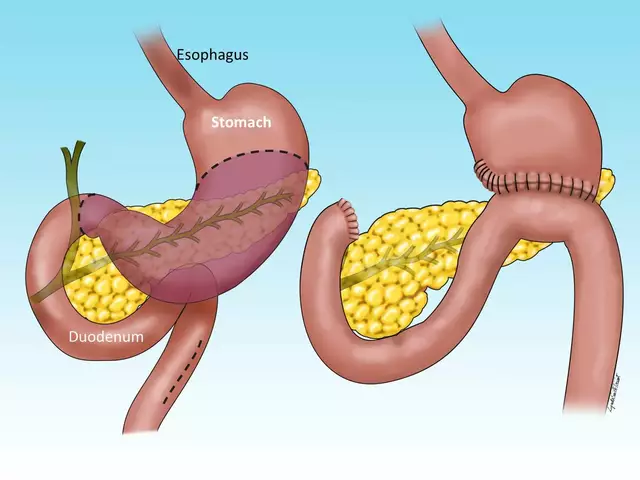Cognitive dysfunction: clear signs, real causes, and practical steps
Ever walk into a room and forget why you went there? That kind of occasional slip is normal. But when memory lapses, confusion, or slowed thinking start to interfere with work, relationships, or daily tasks, that's cognitive dysfunction — and it deserves attention.
Cognitive problems have many roots. Some are reversible: sleep loss, dehydration, untreated thyroid issues, low B12, infections or side effects from medicines. Others are chronic, like early Alzheimer’s or vascular changes after strokes. Mood problems such as depression or anxiety can also make thinking fuzzy. The first job is to find out which bucket your symptoms fall into.
Common causes to check first
Look closely at medicines. Many common drugs can slow thinking — strong antihistamines, some sleep medicines, benzodiazepines, opioids, and older anticholinergic drugs. Even some anticonvulsants and mood stabilizers may affect attention and memory for some people. Other reversible causes include lack of sleep, heavy alcohol or drug use, low vitamin B12, low thyroid function, uncontrolled diabetes, and infections like urinary tract infections in older adults.
Red flags that need fast attention: sudden confusion, trouble speaking, severe disorientation, or new weakness on one side of the body. Those could be signs of stroke or other urgent problems. If you or someone with cognitive change has these signs, call emergency services now.
Quick actions you can take today
1) Track the problem. Note when lapses happen, what you were doing, and any new medicines. That timeline is huge for doctors. 2) Review meds with a pharmacist or clinician — ask which ones might affect thinking. 3) Improve sleep, cut back on alcohol, stay hydrated, and aim for a balanced diet. 4) Do light aerobic exercise and short, focused brain activities like puzzles or learning a new routine; those help attention and processing speed.
When you see a clinician they’ll usually check vital signs and do blood tests (blood count, electrolytes, thyroid, B12, glucose). Depending on findings they may order brain imaging or a formal cognitive test. A primary care doctor can handle most initial steps and will refer you to a neurologist, geriatrician, or neuropsychologist if needed.
Be cautious about supplements that promise quick fixes. Some help in certain deficiencies (like B12), but others lack evidence and can interact with meds. Always run supplements by your doctor or pharmacist.
On RXMedicin you’ll find practical drug guides and safety tips you can bring to appointments — for example, articles about antidepressants, anticonvulsants, and medicine safety that explain side effects and interactions. Use those resources to make informed questions for your clinician.
Start small: log symptoms, review medications, improve sleep, and reach out to your doctor if things don’t improve. Early checks catch many reversible causes and make managing long-term problems much easier.
The Link Between Hepatic Encephalopathy and Sleep Disturbances
As a blogger, I recently came across some fascinating information about the link between hepatic encephalopathy and sleep disturbances. Hepatic encephalopathy is a neurological disorder that occurs in patients with liver dysfunction, and it seems that it can significantly impact one's sleep patterns. Studies have shown that patients with this condition often experience insomnia, sleep apnea, and daytime sleepiness. This connection is important to understand, as proper sleep is crucial for overall health and well-being. So, if you or someone you know is struggling with liver disease, it's worth discussing potential sleep issues with a healthcare professional to ensure the best possible care.
Latest Posts
-

Interchangeability: When Biosimilars Can Be Substituted Automatically
-

Travel Sickness and the Elderly: Caregiver Tips for a Smooth Journey
-

Enalapril and Depression: Understanding the Connection
-

The Importance of Regular Checkups for Atrophic Gastroenteritis Patients
-

Neuropathic Pain: Gabapentin vs Pregabalin - What Works Best?

14